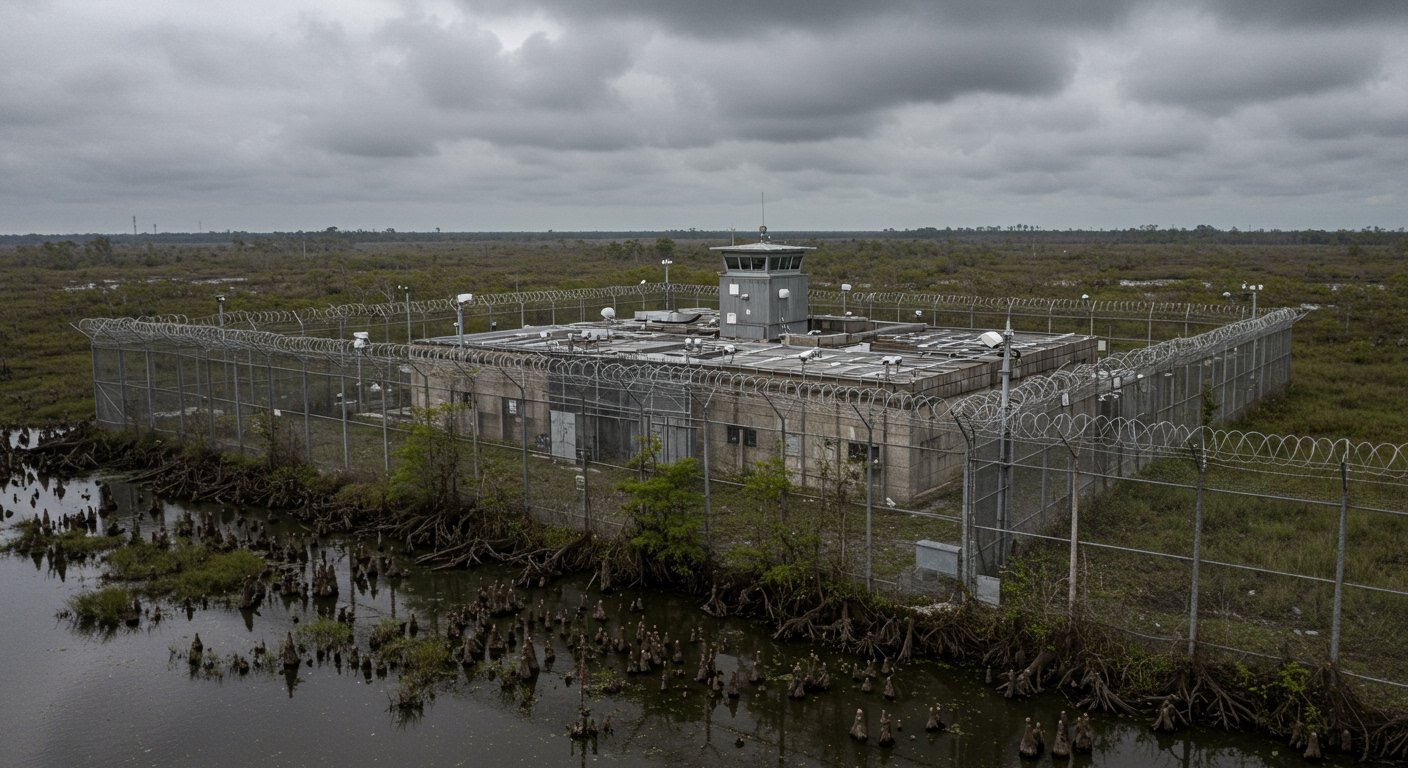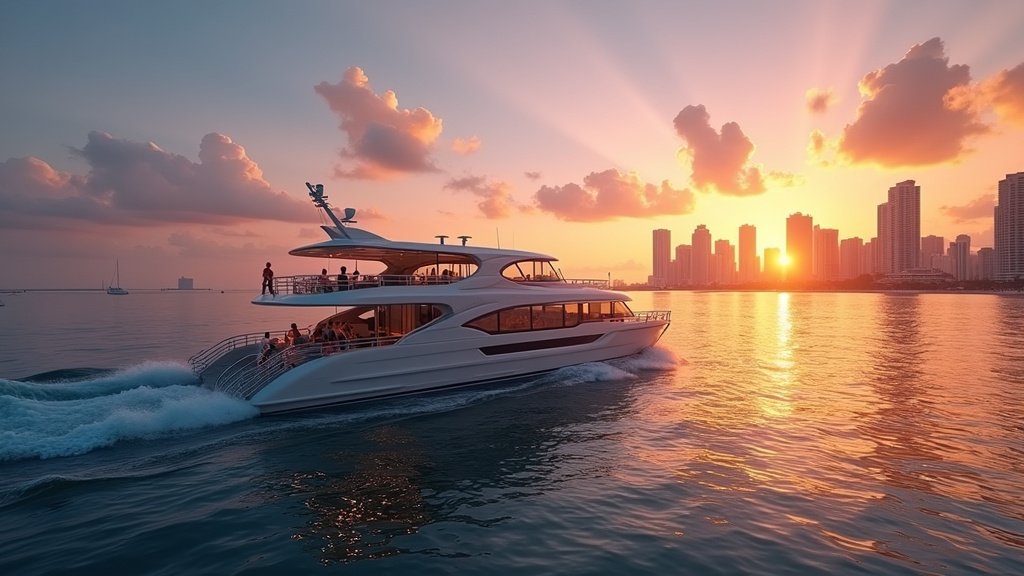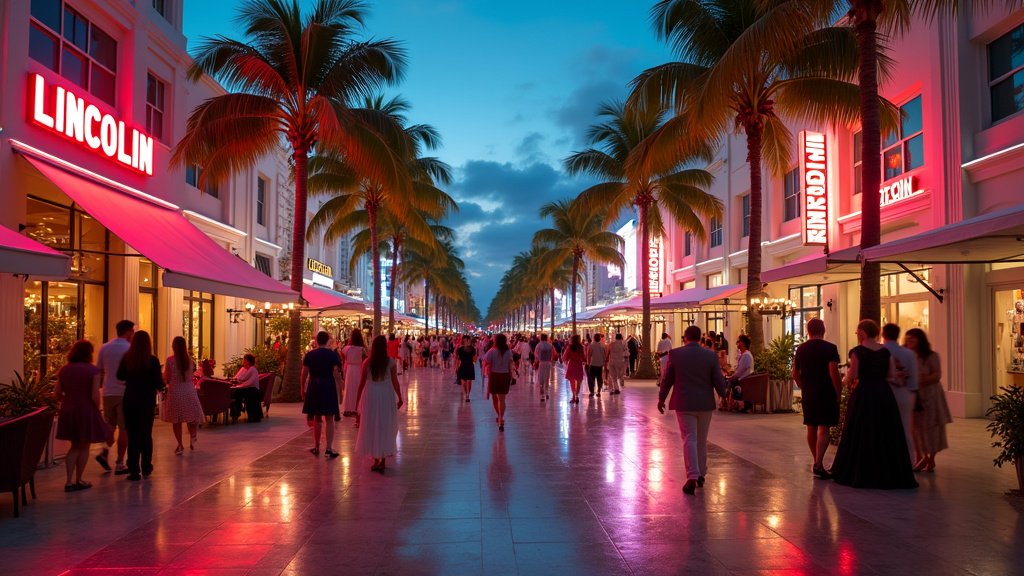Washington/Miami – The Trump administration, on Thursday, July 3, 2025, formally requested a federal judge deny an emergency motion seeking to halt operations at the controversial immigrant detention facility dubbed “Alligator Alcatraz.” Located in the ecologically sensitive Florida Everglades, the site’s rapid construction and immediate activation have sparked intense legal and environmental conflict.
In a nine-page document filed with the court, attorneys representing the U.S. Department of Justice opposed the request for a temporary restraining order (TRO). The motion for the TRO was initiated by prominent environmental organizations, Friends of the Everglades and the Center for Biological Diversity, who filed a lawsuit challenging the facility’s legality and its potential impact on surrounding natural landscapes and wildlife.
Legal Battle Takes Shape
The lawsuit contends that the detention center, situated at the Dade-Collier Training and Transition Airport, poses a significant threat to environmentally sensitive areas within the Everglades and the adjacent Big Cypress National Preserve. Furthermore, the environmental groups allege that the project violates the National Environmental Policy Act (NEPA), a foundational law requiring federal agencies to assess the environmental impact of their actions.
However, the Trump administration’s legal filing pushes back strongly against these claims. The administration argues that primary responsibility for the project rests with the state of Florida. According to their filing, the facility was constructed using state funds, on state-owned land, and under the state’s emergency authority. Crucially, the Department of Homeland Security (DHS) is not directly involved, the administration asserts, stating that DHS has neither implemented, authorized, directed, nor funded the project. While Florida reportedly intends to seek federal reimbursement for the costs, the administration maintains its distance in the current legal challenge.
Both the administration and the state’s representatives argue that the environmental groups have failed to demonstrate that continuing the facility’s operations would cause “irreparable” harm necessary to justify an emergency restraining order. They also invoked the broader context of national security and immigration policy, citing the “significant national interest in combatting unlawful immigration” as a factor weighing against granting the TRO.
The Facility: Rapid Construction and Features
The facility itself is a product of remarkably swift construction, reportedly built in just eight days. It is situated at the Dade-Collier Training and Transition Airport, a site known for its environmental significance as a gateway to the Everglades.
The center began receiving its first detainees on Wednesday night, just ahead of the administration’s court filing. When fully operational, it is expected to house between 3,000 and 5,000 detainees.
Security features at the site are extensive. The facility boasts over 200 security cameras and is enclosed by more than 28,000 feet of barbed wire, underscoring the high-security nature of the operation.
President Donald Trump, alongside DHS Secretary Kristi Noem and Florida Governor Ron DeSantis, recently toured the site. The visit was a prominent public event aimed at promoting the new center and highlighting the administration’s efforts on immigration enforcement.
Environmental, Humanitarian, and Political Concerns
The nickname “Alligator Alcatraz” itself hints at the facility’s controversial location within the fragile Everglades ecosystem and the perceived isolated nature of its operations. Environmental advocates remain deeply concerned about the potential for pollution, habitat destruction, and disruption to endangered or threatened species in the surrounding national park and preserve lands.
Beyond the environmental challenge, the facility has drawn criticism on humanitarian grounds. Advocacy groups and critics have raised concerns about the conditions for detainees in a hastily constructed, remote facility.
The land upon which the facility is built also holds deep cultural significance. It is considered sacred by several Native American tribes, adding another layer of ethical and historical complexity to the controversy.
The project has also taken on a political dimension. The Republican Party of Florida is reportedly leveraging the facility for fundraising, selling merchandise related to the detention center.
Adding to the picture, Florida is reportedly planning a second similar facility near Jacksonville, indicating a potential broader strategy for state-level involvement in immigrant detention.
Outlook: Awaiting the Judge’s Decision
The federal judge is now tasked with weighing the environmental and humanitarian concerns raised by the plaintiffs against the administration’s arguments regarding state responsibility, lack of irreparable harm, and the asserted national interest in immigration enforcement. The decision on the temporary restraining order will determine whether operations at the “Alligator Alcatraz” facility are allowed to continue unimpeded as the underlying lawsuit proceeds.
The legal clash highlights the escalating tensions between immigration enforcement priorities and environmental protection mandates, set against a backdrop of state-federal dynamics and significant political polarization. The outcome of this immediate legal challenge could set a precedent for how similar facilities are pursued or challenged in the future, particularly in environmentally sensitive regions.





